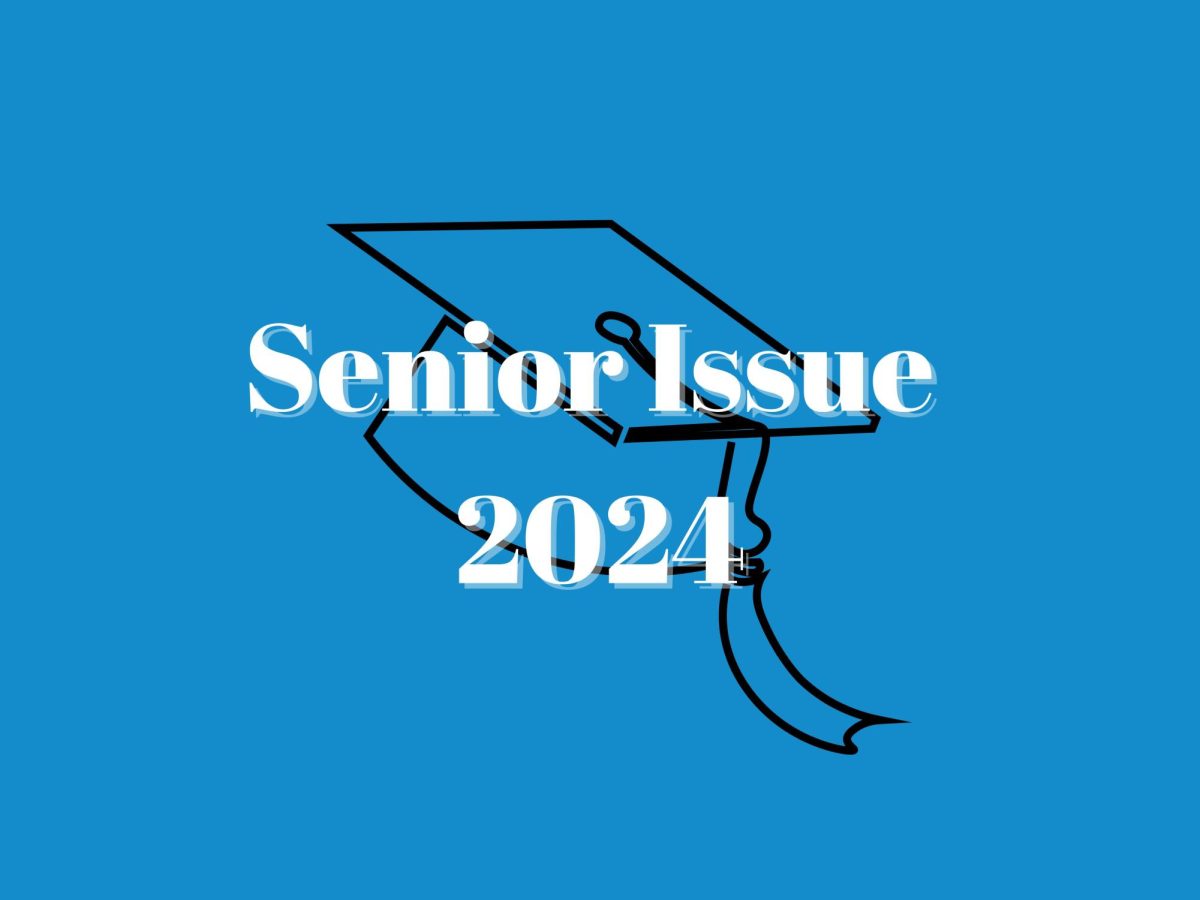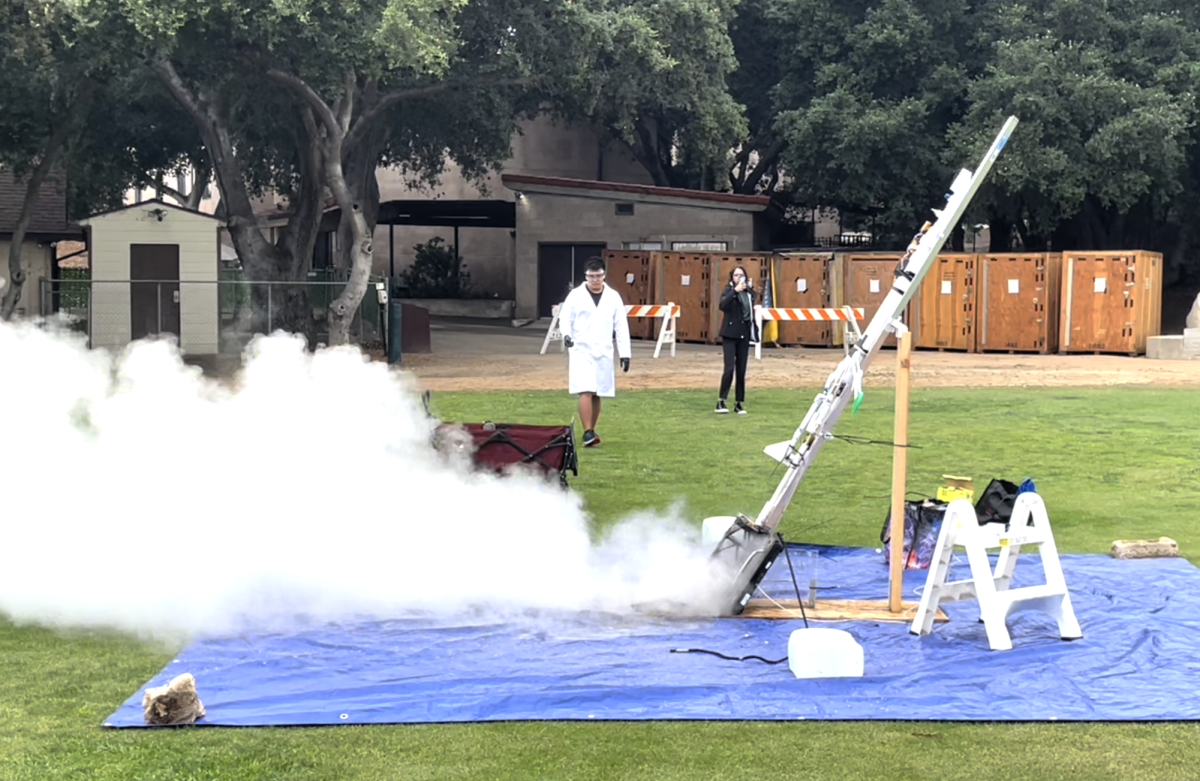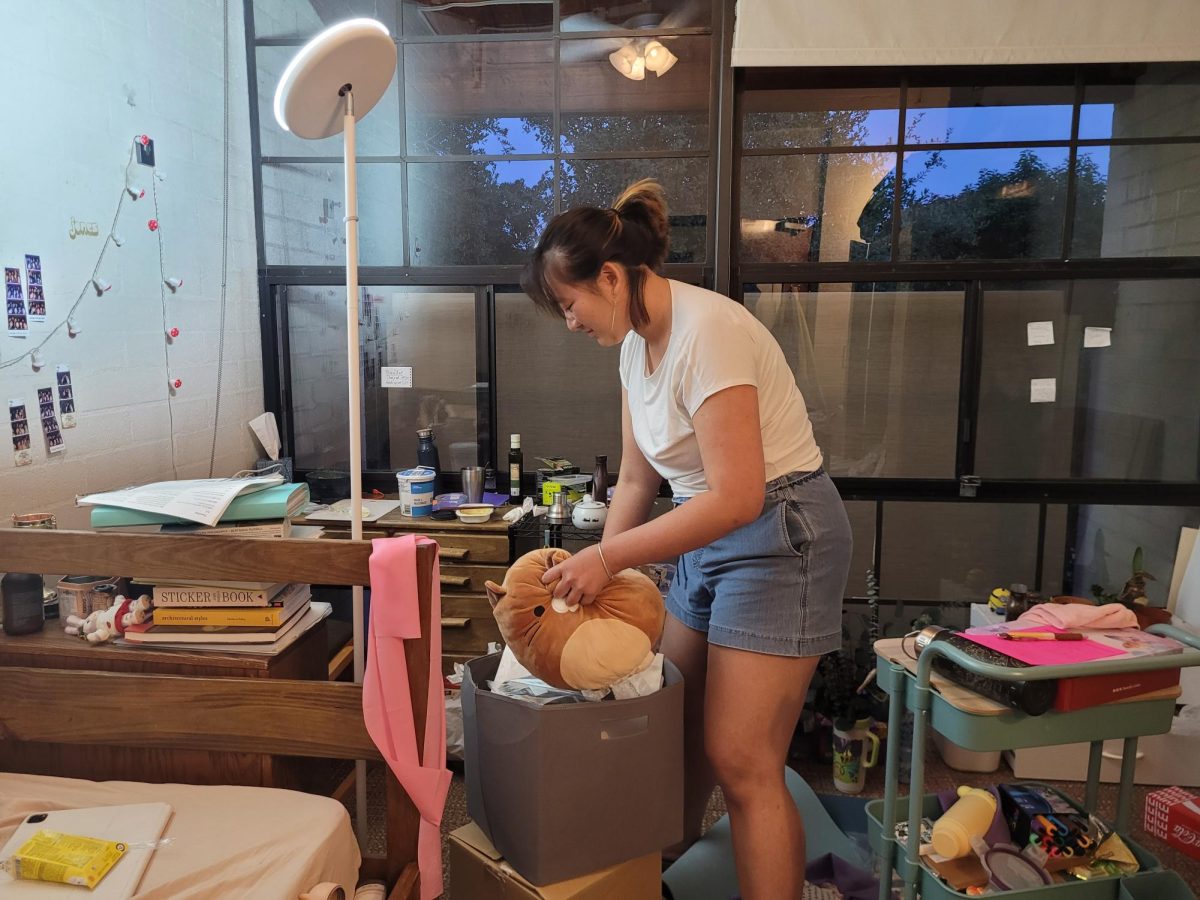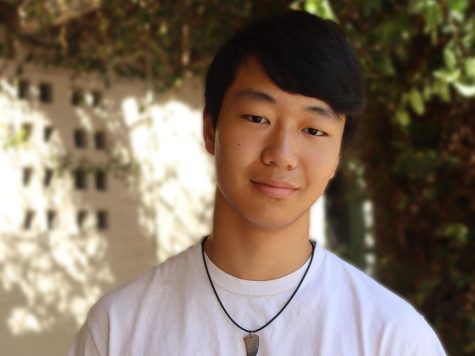Within the little world of Webb, grades reign supreme. Seeping into every little conversation and penetrating deep into every student’s mind, it acts as the universal indicator of one’s academic performance. As the ever-growing ultimatum of college draws nearer, each summative and assignment’s grade weigh heavier on students’ transcripts and their mind. Getting an A+ is no doubt a symbol of excellence and academic success.
Thus, Webb’s abrupt decision at the start of the 2022 school year to abolish the A+ grade was a subject of controversy amongst the student body. While the move sought to address the grade-obsessed mania of Webb’s academically competitive environment, this adjustment was a step in the wrong direction, and is rather an unjustified punishment for many students at Webb.
Firstly, we need to recognize that there are some positive effects to this implementation. Decrease in competition, less stress, and reduced disappointment for not achieving that shining A+ are all plausible benefits. However, this change has introduced many more negative side effects, and the drawbacks ultimately outweigh the benefits.
“I think that it might be helpful for other people, but it did not help me,” Mirabel Raphael (‘24) said. “In general, I will just try to get the highest grade I can in case something happens. Maybe I can do well in this unit, but the next unit would be hard because having that A+ provides insurance, and that can decrease the stress you feel.”
Removing the A+ is not going to stop the students from trying their hardest to reach the best possible grade they can get on individual assignments. Furthermore, the plus sign can serve as a reward system for not only their GPA, but most importantly, balancing out a student’s weaknesses. With pluses, students would be less likely to stress over an A- and focus more on the subject they enjoy or excel in.
The truth is that people all have their own strengths and weaknesses. Those who are highly proficient and passionate about their classes should be able to use that extra 0.3 GPA boost the A+ provided to help them balance out their transcript and grades for their own weaknesses. However, without this extra boost, students will become more stressed about receiving a lower grade than before. This implementation not only cuts short the student’s GPAs but also presents parents and colleges with a plain letter grade that covers up their true strength.
This adjustment also only affects the final grade on a student’s report card. Individual assignments remain graded on separate scales, where many students try to produce the best work that they can in order to deepen their understanding, refine their skills, and demonstrate their knowledge. Instead, the change only causes a student who performed at an exceptional level due to effort, talent, or passion not to receive ample compensation for their demonstrated excellence.
“One of the major reasons we decided to make this change was to align with Webb’s mission of unbounded thinking,” said Michael Hoe, Director of Studies when asked about Webb’s decision to make the change. “I think that the A+ as an entity adds this kind of superficial, extrinsically motivating end goal at the end of (an) assessment that promotes things like perfectionism and fear of failure.”
That then raises the question: what is unbounded thinking? The Webb Schools’ website declares that unbounded thinkers “test their own ideas, shatter their preconceptions, and devise original solutions for complex problems.” In other words, unbounded thinkers are not afraid to try new ideas and embrace academic challenges.
If the existence of A+ interferes with that concept, that implies that there is only a predetermined path to perfection, or only a set way to achieve that 100%. If anything, the A+ promoted unbounded thinking, providing motivation for students to think unconventionally and challenge themselves. Instead of taking away the reward for obtaining a “perfect” score, perhaps the rubric itself should be reconsidered.
While the pursuit of perfectionism is unhealthy, the removal of the highest grade may very well prove to be a lazy solution to a deeper problem. The key idea is that perfection is defined as a state in which no further improvement is possible, but in many classes such as humanities and sciences, there’s no such thing as a perfect essay or a perfect lab report. If an A+ encourages perfectionism, that means that some teachers are only rewarding A+’s for “perfect” results, and many other teachers that simply outright refuse to give out perfect scores, whether based on personal beliefs or expectations.
Instead, what if the bar was adjusted? To promote unbounded thinking, A+’s should be given to those who demonstrate it. Instead of pursuing perfection, students should try to be innovative and creative. Simply put, there should be more than one way to secure an A+. As for subjects such as math, a perfect score on a test or very high performance should be adequately rewarded. Furthermore, if the existence of A+ leads to students spending excessive amounts of time on their courses, it suggests that perhaps the classes themselves are unhealthily demanding.
Webb is an academically challenging environment and one that is inadvertently competitive. Instead of seeking to eliminate ways to reward excellence, it should seek to cultivate a safer environment where academic competition and rigor do not compromise student well-being, and where students can highlight their strengths in pursuit of true unbounded thinking.


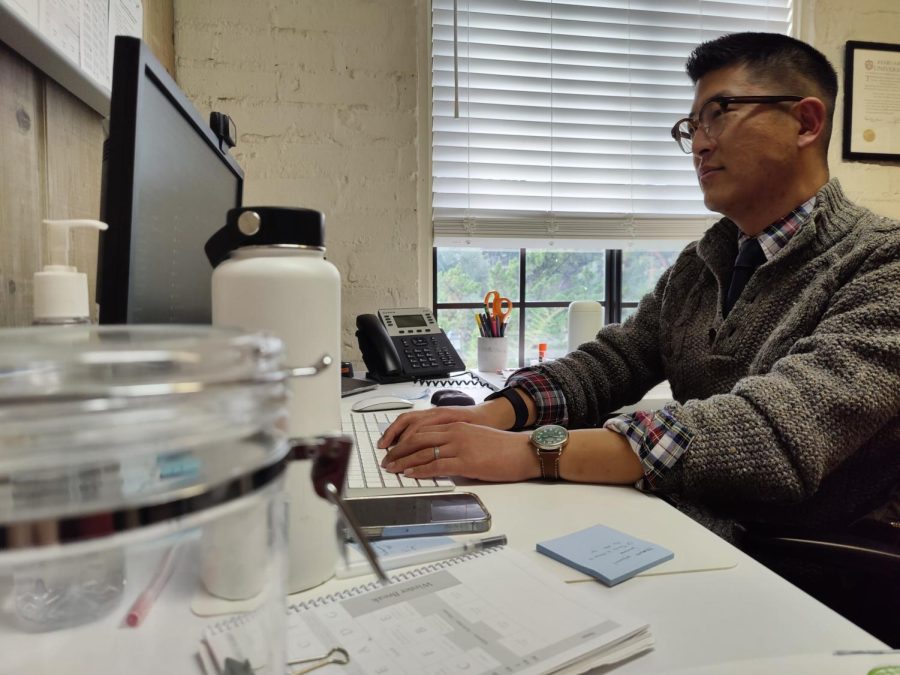




![Student loan borrowers rally near the White House for Joe Biden to cancel all student loans. Biden, pictured left, is troubled with diminishing popularity with youth as he fails to forgive all students loans as he had promised. “[Biden] kind of fumbled things even though he tried with student loan forgiveness,” said Cory Warren, humanities department faculty. “That was [the] number one campaign promise to get the youth vote.” Whether it is student loans, age, or foreign policy, what, ultimately, drives away the youth vote for Biden?](https://webbcanyonchronicle.com/wp-content/uploads/2024/03/Duan-biden-popularity-1200x675.jpeg)



